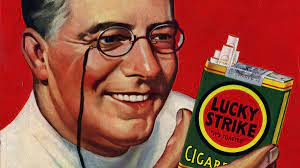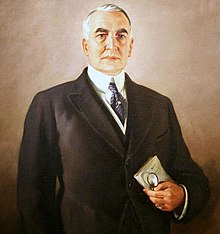In 1964, a groundbreaking and influential report was released that unequivocally linked smoking to adverse health effects, marking a pivotal moment in public health awareness. The report, titled "Smoking and Health: Report of the Advisory Committee to the Surgeon General of the Public Health Service," was the result of extensive research and analysis conducted by a committee of experts convened by the Surgeon General of the United States.
Prior to this landmark report, there had been a growing body of scientific evidence suggesting a connection between smoking and various health issues, particularly lung cancer. However, the tobacco industry had long disputed and downplayed these findings, and smoking was widely considered a socially acceptable and even glamorous activity.
The 1964 Surgeon General's Report changed the narrative surrounding smoking by presenting a comprehensive review of the available scientific literature on the health consequences of tobacco use. The report unequivocally concluded that smoking was a significant cause of lung cancer and chronic bronchitis and was also linked to heart disease. This watershed moment marked the first time that the U.S. government officially recognized and communicated the dangers of smoking to the public.
The report's findings were clear and impactful. It stated that cigarette smoking was not just a habit but a major public health hazard. Smoking was identified as the single most preventable cause of premature death and disability in the United States, prompting urgent calls for action to curb tobacco use and protect public health.
The Surgeon General's report had immediate and far-reaching consequences. It prompted public health campaigns, anti-smoking initiatives, and legislative actions to address the growing health crisis associated with tobacco use. Warning labels on cigarette packages, restrictions on tobacco advertising, and bans on smoking in certain public spaces were among the measures implemented in the wake of the report.
One of the most notable outcomes of the 1964 report was the subsequent decline in smoking rates. As the public became increasingly aware of the health risks, smoking lost its glamorous appeal, and societal attitudes shifted. The report played a crucial role in the broader anti-smoking movement that gained momentum in the following decades.
The Surgeon General's report also laid the foundation for ongoing research into the health effects of smoking and the development of smoking cessation programs. Subsequent reports from the Surgeon General and other health organizations continued to reinforce and expand upon the initial findings, linking smoking to a range of diseases, including not only lung cancer but also respiratory and cardiovascular conditions.
The impact of the 1964 Surgeon General's Report was not limited to the United States. It had a global influence, inspiring similar initiatives and anti-smoking campaigns in many countries. The report served as a catalyst for broader discussions on public health policy, tobacco regulation, and the ethical responsibilities of the tobacco industry.






